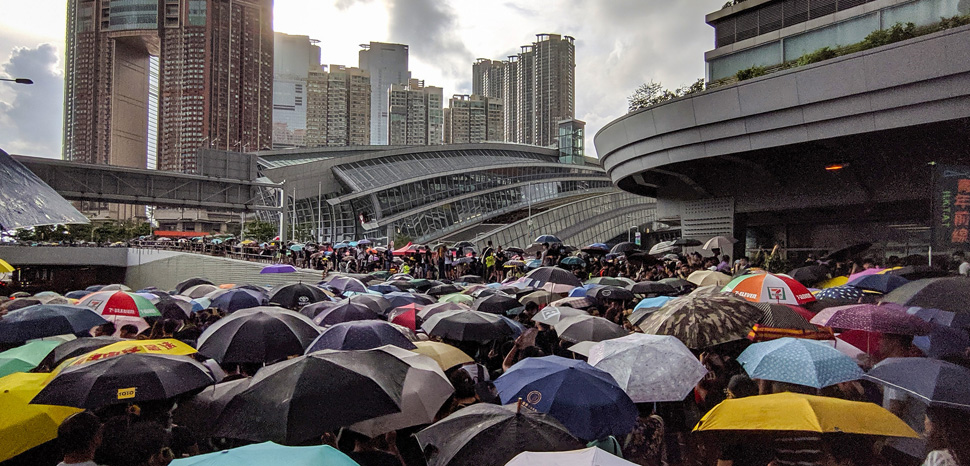According to Prime Minister Boris Johnson, a strong sense of duty guides the current policy of the British government toward Hong Kong.
He believes that Britain is obliged to help citizens of its former colony, in accordance with a treaty which was signed before the city’s handover to China in 1997. Mr Johnson has described the new security law for Hong Kong – imposed by China at the start of July – as “a clear and serious breach” of trust.
Foreign Secretary Dominic Raab has also complained of a broken promise. He told the House of Commons in London: “We will not look the other way on Hong Kong, nor will we not duck our historic responsibilities to its people.”
As a result, a large number of Hong Kongers are being invited to move to the UK to live and work. This offer has received a warm reception from most of the press in Britain, although not surprisingly, the state-owned Chinese media has railed against Britain’s “colonial mindset.”
A threat of revenge hangs in the air. China’s foreign ministry spokesperson, Zhao Lijian, told reporters that Beijing reserves the right to respond. Without specifying what this might entail, Mr Zhao said that Britain would “bear all the consequences” of any moves China decides to take.
Despite the warning, the Conservative government is standing firm. It has drummed up support from across the British political spectrum, reflecting a profound hardening of the mood toward China since the so-called “golden era” in Sino-British relations of about five years ago.
The left-leaning Labour party regards Hong Kong as a human rights issue and says the Conservatives should have taken a more robust line on China earlier. The Scottish Nationalists admire the courage of Hong Kong’s pro-democracy campaigners – a group which many mainland Chinese regard as a pro-independence movement.
Britain’s sense of duty derives from the Joint Declaration signed with China in the 1990s. At that time, some citizens from Hong Kong received special passports and they are now being granted privileged immigration status. The offer extends to members of their families, including people who were born after the handover in 1997.




